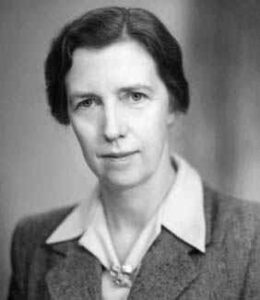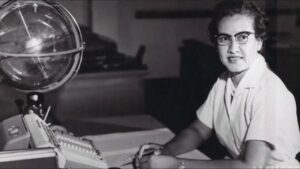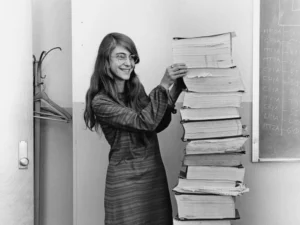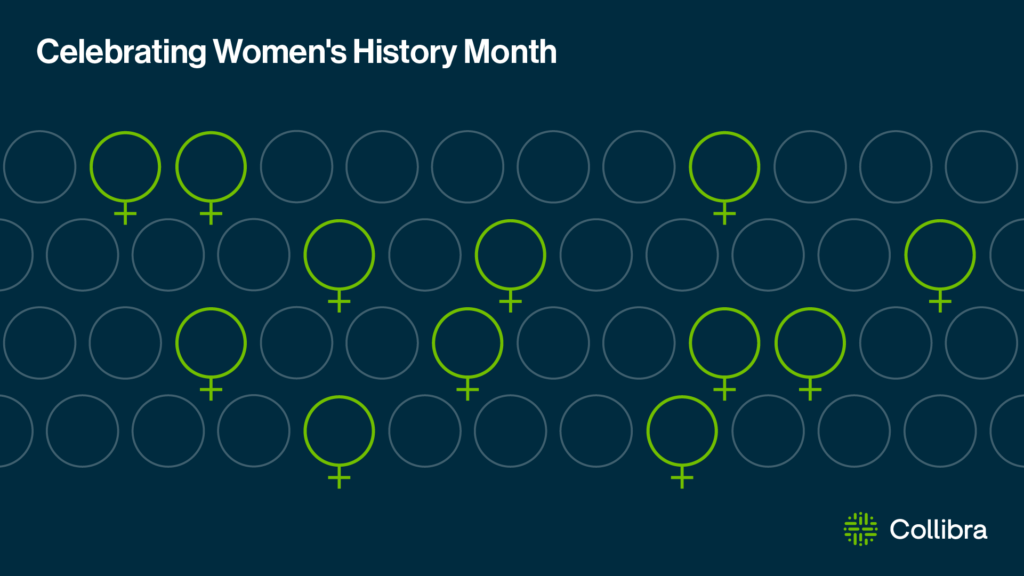According to a survey from Deloitte, in 2019, women made up 30.8% of the overall workforce at the five largest technology companies (Amazon, Apple, Facebook, Google and Microsoft). Today, that number has increased steadily to 34.4% of the overall workforce in tech are women. This is a great success that should be celebrated.
However, women are still greatly underrepresented in technical roles such as software engineering or computer science. In fact, only 14% of software engineers are women and 25% of computer scientists are women.
Read how Cambia Health Solutions improved member experience and established data trust with Collibra’s data quality and governance solutions. Learn from their success story now!
So in honor of women’s history month, we wanted to highlight some of the great female data scientists who have changed the world throughout history:

Florence Nightingale
Although most commonly known as the founder of modern nursing, Florence Nightingale was also a data scientist. She realized that the hospital was not keeping good records, resulting in poor quality patient data. As a result, with the support of Queen Victoria, Nightingale organized a Royal Commission to document the health of the army. It sought to analyze the army mortality data to determine the cause of death of the soldiers. They found that 16,000 of the 18,000 deaths were due to preventable disease, not battle. She is credited for transferring this data into a visual document known as the “Nightingale Rose Diagram” that showed the importance of new sanitation methods. This diagram also helped make complicated data accessible to all.

Mary Lucy Cartwright
While Mary Lucy Cartwright probably would not be considered a data scientist in today’s definition, she is known for her contributions to analytic function theory. In 1968 she became the first to study the “chaos theory” which led to discoveries that improved radio amplifiers used for communication during World War II.

Katherine Johnson
Katherine Johnson is one of the most famous female data scientists to date. She was featured in the book and movie, Hidden Figures, which highlighted the women who contributed to the 1960s space program. In 1939, Katherine Johnson was one of the first three African American students to enroll in a graduate program at West Virginia University. But this historical moment is not the only reason Katherine Johnson is celebrated today. Katherine Johnson is best known for her contributions at NASA. She is credited with using data to calculate a perfect path for Freedom 7, the spacecraft that put the first astronaut in space. She was also involved in the mission that sent the first aircraft to orbit Earth and the Apollo 11 mission which sent the first man to the Moon.

Margaret Hamilton
Margaret Hamilton is best known as one of the first computer software programmers. In fact, she coined the term software engineer. In the early 1960s she worked at MIT’s Lincoln Laboratory working on the first U.S air defense system called the Semi-Automatic Ground Environment (SAGE) project. She wrote the software that identified enemy aircrafts. She later moved to NASA where she was involved in creating software for the guidance and control systems of the in-flight command and lunar modules of the Apollo mission. She received the Presidential Medal of Freedom in 2016 from President Obama.
***
While Florence Nightingale, Mary Lucy Cartwright, Katherine Johnson and Margaret Hamilton are all incredible, influential women, it is important to note that there are so many others that need to be celebrated; these four women are only the start. Women contribute every day to data and science and it is only getting better. As we close out our women’s history month celebrations, it is important to note that this conversation should not end here. We want to continually celebrate and honor all the women who work hard every day to change the world for the better. There are many women out there still fighting to break the glass ceiling, especially in software engineering and data scientist roles. Let’s remember to continually support and celebrate these women during the month of March and beyond.




